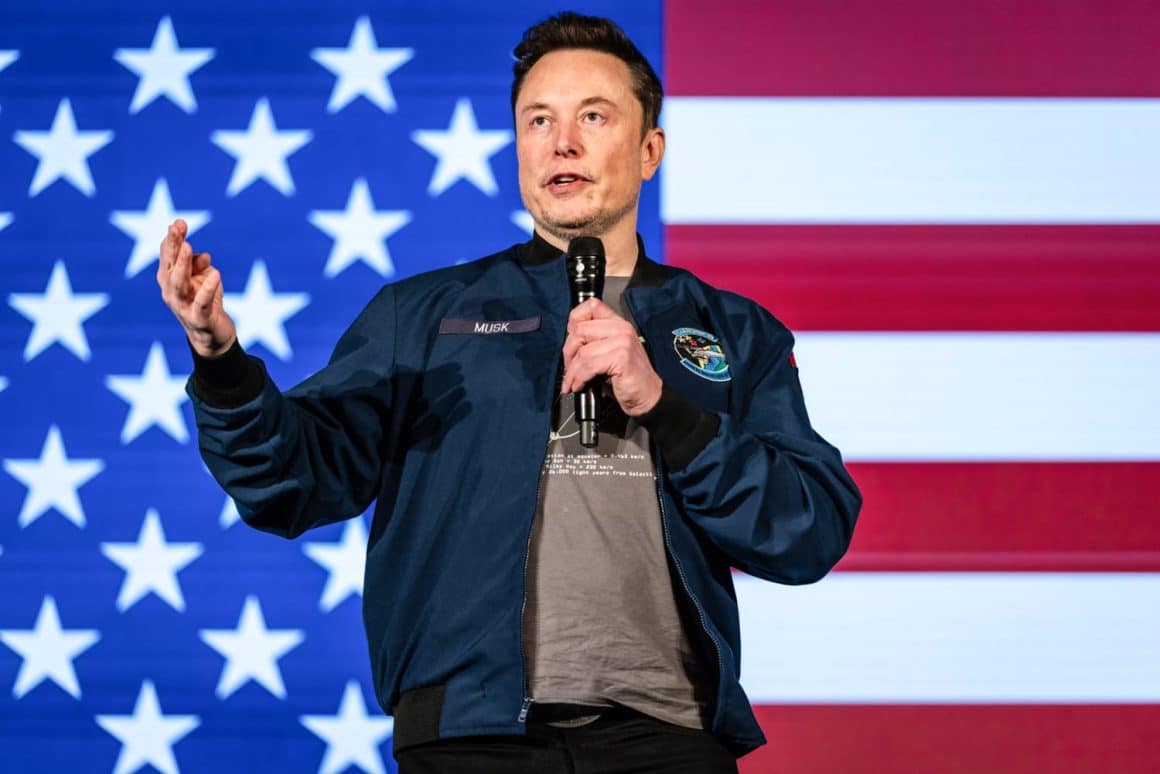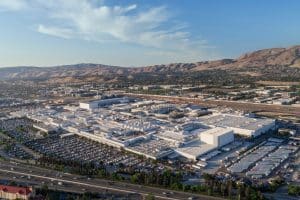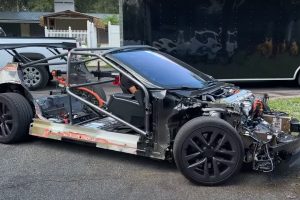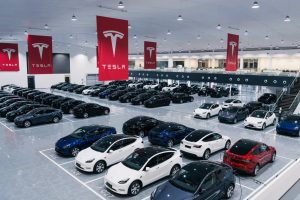Key Takeaways
- President Trump’s 25% tariff on non-U.S.-made vehicles impacts Tesla due to parts sourced abroad.
- CEO Elon Musk confirmed the tariff will affect Tesla’s costs and emphasized that these effects are considerable.
- Trump acknowledged Musk’s close collaboration with his administration but noted Musk’s neutrality regarding the tariff decision.
- Trump argued that having Tesla’s production plants in the U.S. might offset some negative tariff impacts.
- Musk highlighted the challenge Tesla faces in localizing its supply chain due to certain parts being hard to source domestically.
- Users on social media debated that while Tesla’s prices might rise, the impact could be less severe compared to other foreign-made vehicles.
The latest development in the world of automotive manufacturing is President Trump’s decision to impose a 25% tariff on non-U.S.-made vehicles. This policy could have far-reaching implications, particularly for companies like Tesla that rely on an international supply chain. Elon Musk, Tesla’s CEO, has confirmed that these tariffs will significantly impact the company’s operational costs. In this blog post, we’ll delve into how these tariffs might affect Tesla and broader trends in the automotive industry.
Meta description:
Explore the impact of Trump’s 25% tariff on Tesla and the U.S. automotive industry. Learn about the challenges Tesla faces and how tariffs influence U.S. car production dynamics.
The Impact of Tariffs on Tesla
The introduction of the 25% tariff presents a daunting challenge for Tesla. Musk has confirmed that the new tariffs would increase the cost of vehicle parts sourced from other countries. Despite Tesla’s efforts to localize its supply chain, some components remain challenging to source domestically.
Key Points:
- Increased Costs: Non-U.S. parts will see a price hike, affecting Tesla’s production costs.
- Localization Challenges: Certain components are difficult to replace with U.S.-made alternatives, compelling Tesla to continue relying on international suppliers.
Elon Musk and the Trump Administration
Elon Musk’s relationship with President Trump’s administration has been a topic of intrigue and scrutiny. Despite Musk’s close work with the Department of Government Efficiency, he maintains a neutral stance on the tariffs. President Trump highlighted that Musk never requested special concessions.
Discussion:
- Collaborative Yet Independent: Musk collaborates with the Trump administration but refrains from influencing tariff policies.
- Strategic Avoidance: Musk’s neutrality might be a strategy to maintain beneficial relations while navigating the complex political landscape.
Broader Implications for the Automotive Industry
While Tesla faces unique challenges due to the tariffs, the broader automotive industry will undergo significant changes as well. Companies manufacturing outside the U.S. face increased pressure to shift production domestically.
Points of Discussion:
- Domestic vs. International Production: Trump suggests that U.S.-based plants could mitigate negative impacts of tariffs.
- Consumer Impact: While Tesla’s vehicles might see price hikes, they could be less pronounced compared to entirely foreign-made vehicles.
Public Reactions and Future Considerations
Reactions to Musk’s announcement have been varied. Social media users have speculated that Tesla’s price increases could be moderate in comparison to other foreign manufacturers.
Considerations:
- Price Fluctuations: As tariffs affect costs, consumers might initially resist higher prices, leading to potential sales dips.
- Market Dynamics: Tariffs could push more companies to consider domestic production, influencing global automotive manufacturing trends.
The imposition of a 25% tariff on non-U.S. vehicles by the Trump administration presents both challenges and opportunities. For Tesla and Elon Musk, navigating these obstacles will require strategic adjustments and innovation in supply chain processes. As the situation evolves, it will be fascinating to see how Tesla adapts and what the long-term implications will be for the broader automotive industry.




